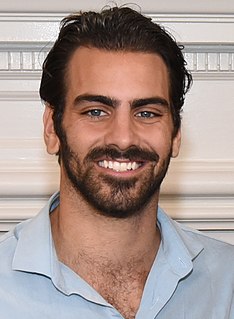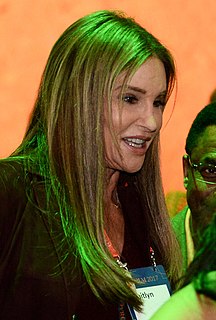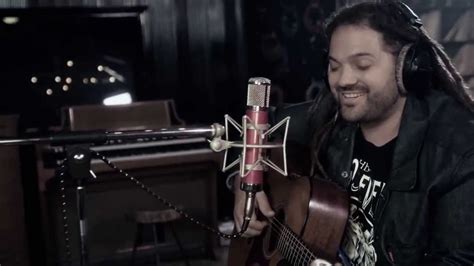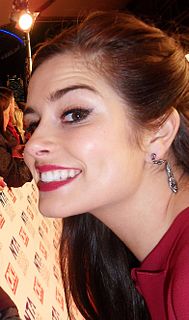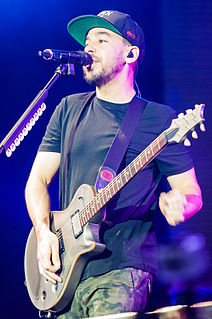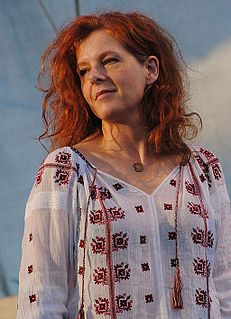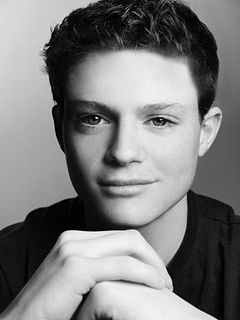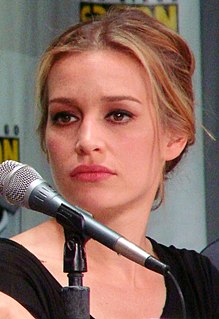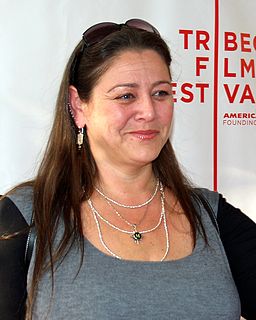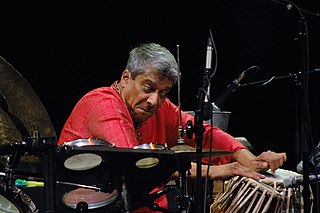A Quote by Nyle DiMarco
I am one hundred percent ready to be a spokesperson for the deaf community.
Related Quotes
If you enjoyed laughing in the face of death, you might like to have a crack at High Saffron. One hundred merits, and all you have to do is take a look.' 'I understand there's a one hundred percent fatality rate?' 'True. But up until the moment of death there was a one hundred percent survival rate. Really, I shouldn't let anything as meaningless as statistics put you off.
